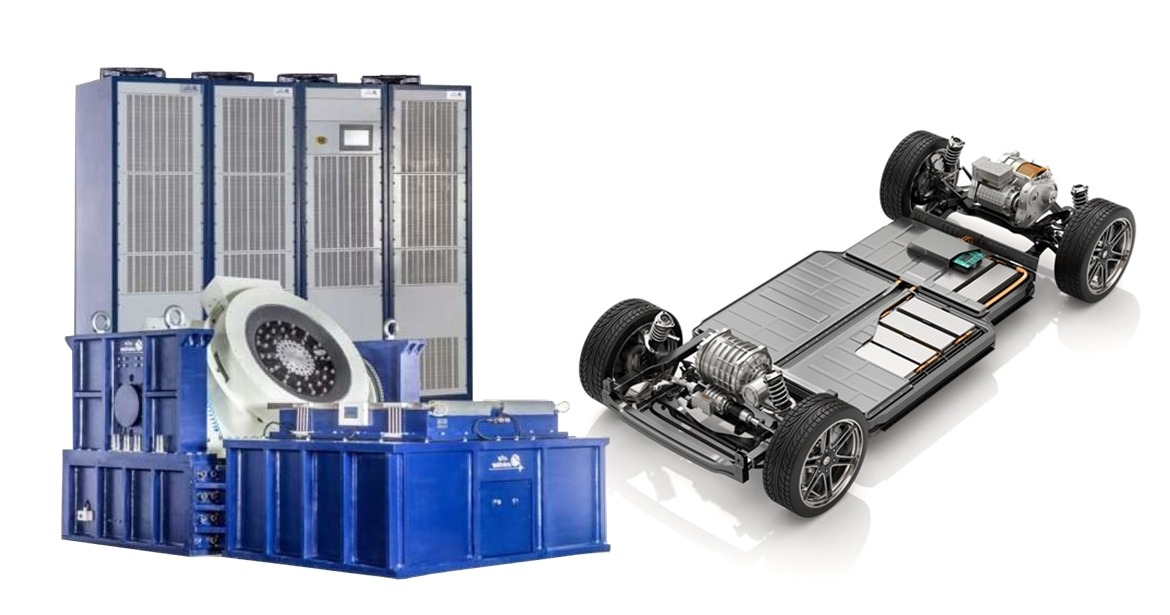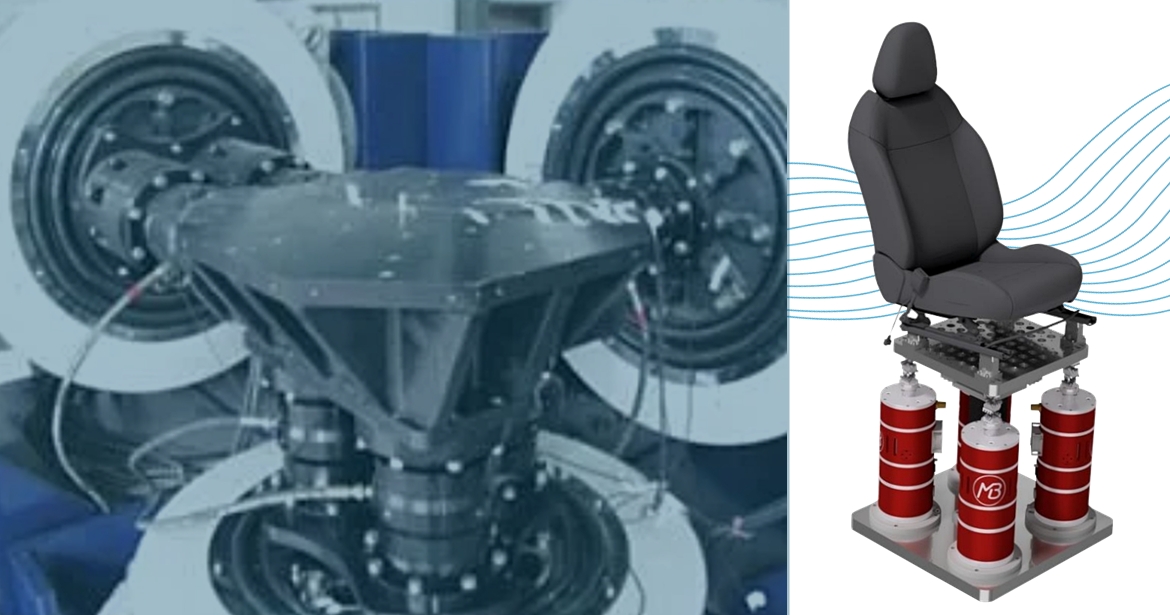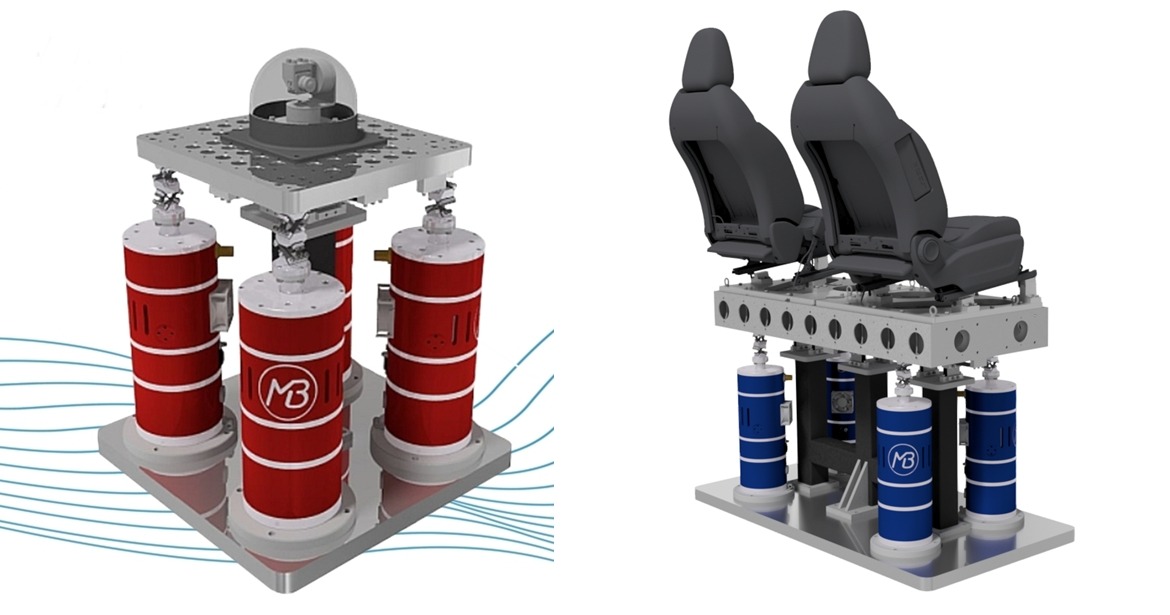The Importance of Electric Vehicle Battery Testing
As electric vehicles (EVs) navigate a challenging market with fluctuating sales and varying levels of investment from car manufacturers, ensuring the safety, reliability, and performance of their batteries remains a top priority. Although some manufacturers are scaling back their EV investments and growth rates are slower than previously anticipated, the critical need for rigorous battery testing persists. This is essential to maintain high standards of safety and performance, which are crucial for both regulatory compliance and consumer confidence.
A key component of ensuring battery safety and durability is through thorough testing, particularly vibration and shock testing. These tests simulate the harsh conditions that EV batteries may face during their lifespan, such as rough roads, sudden impacts, and other stresses. Proper testing ensures that the batteries can endure these challenges without compromising on performance or safety.
International Standards for Vibration and Shock Testing
To ensure consistency and quality across the industry, several international standards have been established for EV battery testing. Three of the most widely used standards are UN 38.3, ISO 12405-1, and SAE J2380.
UN 38.3
The UN 38.3 standard is part of the United Nations Manual of Tests and Criteria, which outlines the requirements for the safe transport of lithium batteries. It includes a range of tests, such as altitude simulation, thermal tests, vibration, shock, external short circuit, impact, overcharge, and forced discharge. The vibration test under UN 38.3 subjects the battery to harmonic motion with varying frequencies to ensure it can withstand the rigours of transport without leakage, venting, disassembly, rupture, or fire.
ISO 12405-1
ISO 12405-1 is part of a series of standards that specify test procedures for high-voltage batteries used in electric vehicles. This standard focuses on performance testing, including electrical, thermal, and mechanical assessments. The vibration and shock tests within ISO 12405-1 are designed to evaluate the mechanical robustness of the battery. The vibration test simulates long-term exposure to the vibrations experienced during vehicle operation, while the shock test replicates sudden impacts that the battery may encounter.
SAE J2380
The SAE J2380 standard, developed by the Society of Automotive Engineers (SAE), outlines test procedures for evaluating the vibration durability of EV batteries. It specifies methods for conducting vibration and mechanical shock tests to ensure batteries can withstand the dynamic conditions of automotive use. These tests involve applying random vibration profiles and mechanical shocks to simulate real-world environments.
ETS Vibration Shakers with IPA Amplifier Technology
To meet these stringent standards, advanced testing equipment is essential. ETS Vibration Shakers with IPA Vibration Test Amplifiers are designed to meet the requirements of standards like UN 38.3, ISO 12405-1, and SAE J2380. This cutting-edge vibration test equipment offers precise control and reliable performance, ensuring batteries are tested thoroughly and accurately.
The Vibration Controller software further enhances testing accuracy by providing detailed monitoring and control of test parameters. This allows for real-time adjustments and data collection, ensuring that each test adheres to the required standards, delivering consistent and repeatable results.
Conclusion
Investing in high-quality testing equipment not only ensures compliance with industry standards but also improves the overall safety and quality of electric vehicles. This contributes to a more sustainable and efficient future for transport, ensuring that EVs can meet the challenges of the road while maintaining the safety and confidence of their users.
Visit the CentraTEQ Ltd website for more information on The Importance of Electric Vehicle Battery Testing






